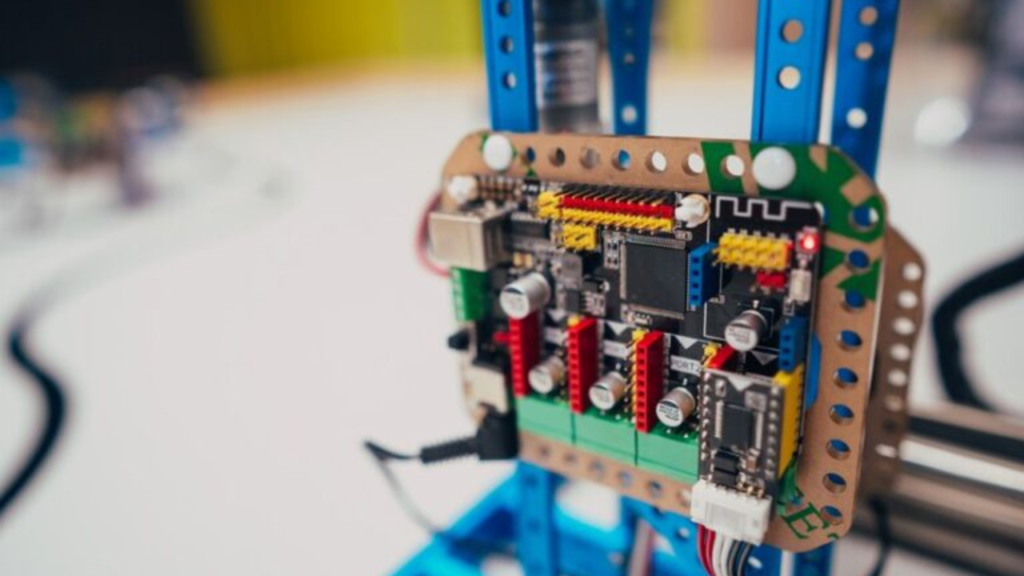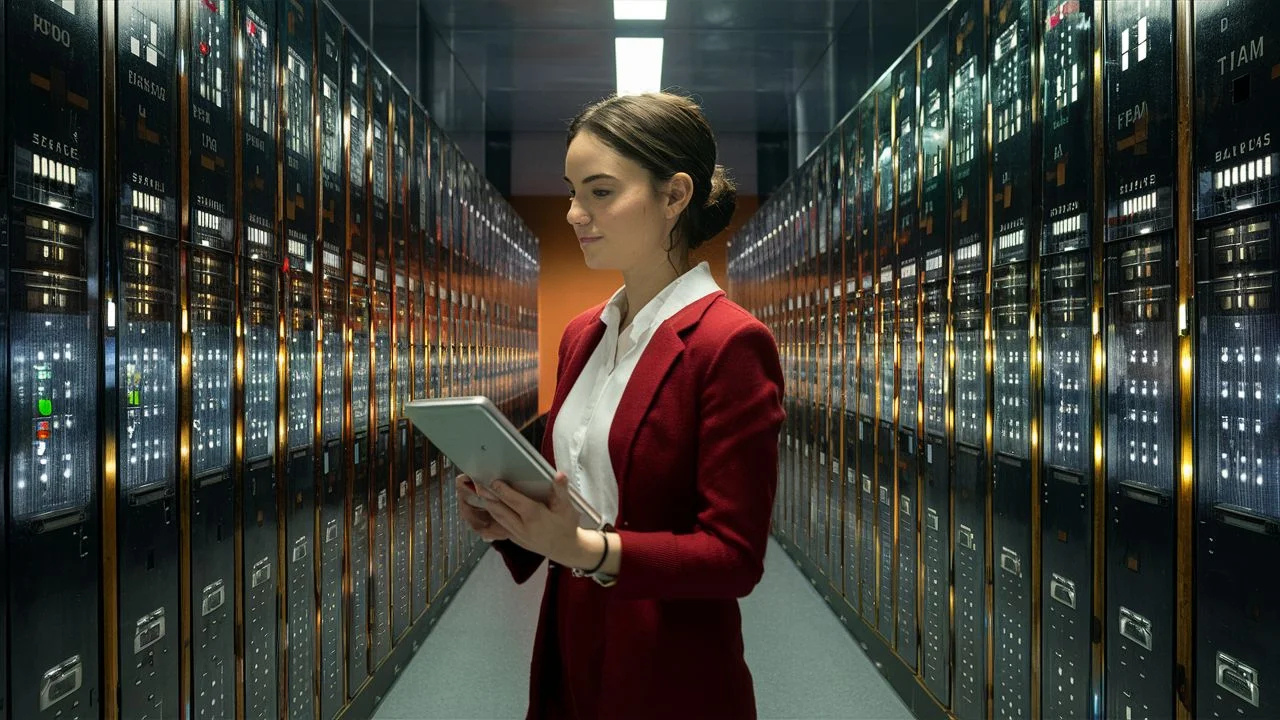Prekldača is a word that might not be familiar to many, but its impact on local culture and traditions is undeniable. Rooted in the region’s rich history, prekldača plays a significant role in shaping social interactions, customs, and even daily activities in specific communities. This article explores how prekldača influences local culture, preserving age-old traditions while adapting to contemporary practices. By delving into its origins, usage, and effects, we will understand the central role this term plays in the lives of the people who embrace it.
What is Prekldača?
Before understanding the cultural impact of prekldača, it is essential to clarify what this term refers to. Prekldača is often used to describe a particular ritual, event, or practice tied to community gatherings or celebrations in several cultures, particularly in rural and indigenous societies. The word might vary slightly in spelling and meaning across different regions, but the core principle remains the same: prekldača represents a shared cultural experience.
Prekldača is associated with traditional festivities, such as religious ceremonies, harvest festivals, or community feasts in some regions. In others, it may refer to a social event that brings people together to reaffirm relationships, pass down cultural knowledge, or honor ancestors. The term itself often embodies the essence of collective participation, emphasizing unity, respect for tradition, and communal strength.
The Historical Significance of Prekldača

The historical significance of prekldača lies in its role as a bridge between generations. This practice has allowed people to unite and celebrate their shared identity for centuries. It is not just an event but a living tradition passed down from generation to generation, often in rural or tight-knit communities where familial bonds and cultural practices hold immense value.
Historically, the practice of prekldača might have had agricultural roots, with farmers and families gathering during essential times of the year, such as harvests, to give thanks, exchange goods, and solidify their sense of community. Over time, as societies evolved, so did the meaning and scope of prekldača, but its role in fostering unity and preserving traditions remained unchanged.
Prekldača in Modern Times
In today’s fast-paced world, many traditional practices risk fading into obscurity. However, prekldača has adapted, transforming to suit modern sensibilities while still holding on to its essential elements. The basic principle remains unchanged: it is about creating a space for people to come together and celebrate shared experiences.
In contemporary contexts, prekldača can take on many forms. It could be seen in urban settings during community-building activities, cultural festivals, or family reunions. Though technology and globalization have brought new influences into many cultures, the concept of prekldača continues to thrive. Social media platforms even bring people together, providing an avenue for individuals to celebrate and share the experience of prekldača, albeit in a digital form.
The Social Impact of Prekldača
One key way prekldača impacts local culture is by strengthening social ties within communities. When people unite for a common cause, whether a festival, ceremony or even a simple gathering, they reinforce their relationships and support networks; this is particularly important in rural or close-knit communities, where these social bonds are often essential for survival and prosperity.
In some regions, prekldača is a unifying force in times of hardship. For example, during difficult economic or political periods, such events provide an outlet for collective emotional expression, allowing people to support one another. Furthermore, these gatherings foster intergenerational dialogue, where elders pass down cultural knowledge and customs to younger generations, ensuring the continuity of traditions.
Preserving Local Traditions Through Prekldača
At the heart of prekldača is the preservation of cultural traditions. As modern influences continue to reshape the global landscape, it becomes increasingly important to preserve cultural practices that have been integral to the identities of local communities for centuries. Prekldača ensures that these traditions are not lost in rapid urbanization and modernization.
By continuing to celebrate prekldača, communities honor their ancestors and affirm their collective identity. The rituals, dances, songs, and even the food shared during such events embody past generations’ stories and struggles, creating a personal and collective living history.
The Role of Prekldača in Education and Cultural Transmission
Prekldača also plays a vital role in the transmission of cultural knowledge. For many cultures, oral traditions, including stories, songs, and customs, are passed down during these gatherings. Elders often take the opportunity to educate younger generations about their heritage, ensuring they understand the values, beliefs, and practices that have shaped their community over time.
Through prekldača, younger individuals learn about the significance of certain rituals or customs and the historical context behind them. This educational aspect of prekldača contributes to cultural continuity, as it ensures that the younger generation remains connected to their roots and is equipped to carry on these traditions.
Prekldača and Its Role in Shaping Identity
The impact of prekldača on personal and collective identity cannot be overstated. For many people, participation in such cultural events is essential to their identity. It creates a sense of belonging and pride, helping individuals connect with others who share similar experiences and cultural backgrounds.
At a community level, prekldača strengthens the group’s collective identity. It reminds people of their shared history and values, giving them a sense of purpose and unity. Individuals participate in these events and are reminded of their role within the larger social fabric, deepening their connection to the community and their cultural heritage.
The Future of Prekldača in a Globalized World
As the world becomes more interconnected, traditional practices like prekldača may face challenges maintaining their significance. However, globalization also offers opportunities for cultural exchange and the sharing of traditions. With more people traveling, learning about different cultures, and engaging with global communities, the concept of prekldača could potentially evolve into a worldwide celebration of local cultures.
Moreover, technological advancements can be leveraged to bring people together in new and innovative ways. Virtual prekldača events, online cultural celebrations, and digital storytelling are examples of how traditional practices can be adapted to the modern age while preserving their core values. Through these changes, prekldača may continue to thrive and evolve, remaining an essential part of local cultures for generations.
FAQs About Prekldača
- What is Prekldača, and why is it important?
- Prekldača is a cultural practice or ritual that fosters community unity and celebrates shared traditions. It plays a crucial role in preserving cultural heritage, strengthening social bonds, and passing down traditions to future generations.
- How has Prekldača evolved?
- Initially rooted in agricultural and rural practices, prekldača has evolved to adapt to modern contexts. Today, it can be seen in urban celebrations, festivals, and virtual gatherings while retaining cultural significance.
- What are the social benefits of participating in Prekldača?
- Prekldača promotes social cohesion, strengthens community ties, and fosters intergenerational communication. It provides a space for people to support one another and share collective experiences, especially during challenging times.
- Can Prekldača be celebrated in modern urban environments?
- Yes, prekldača has successfully adapted to contemporary urban environments, where it is celebrated through cultural festivals, family reunions, and community-building events. It continues to serve as a vital link to local culture.
- What role does Prekldača play in educating younger generations?
- Prekldača transmits cultural knowledge as elders pass down stories, songs, and customs to younger generations. This ensures the continuity of artistic practices and helps the younger generation connect with their heritage.
You May Also Read: https://ventsbuzz.pro/scrapebox/




